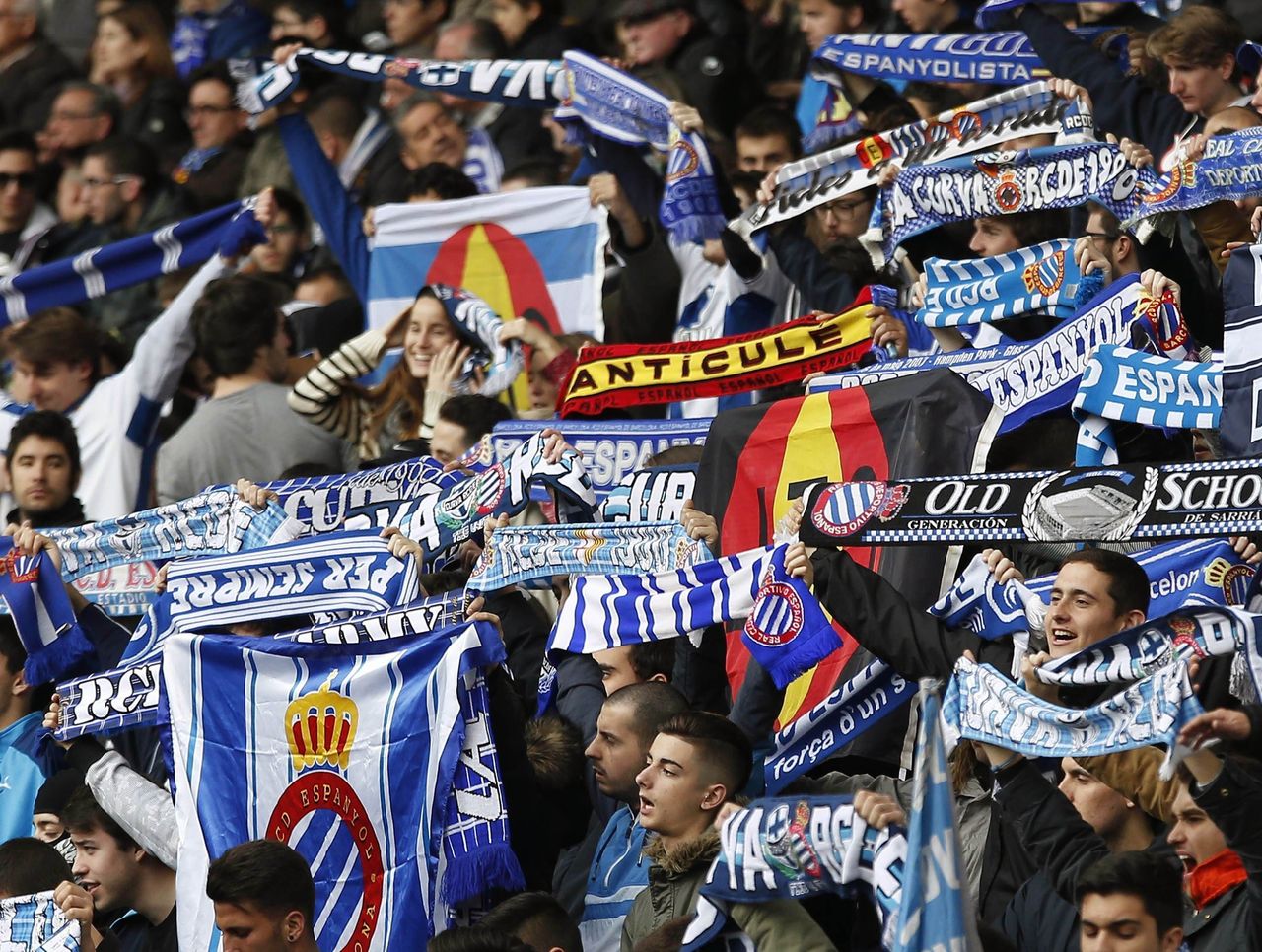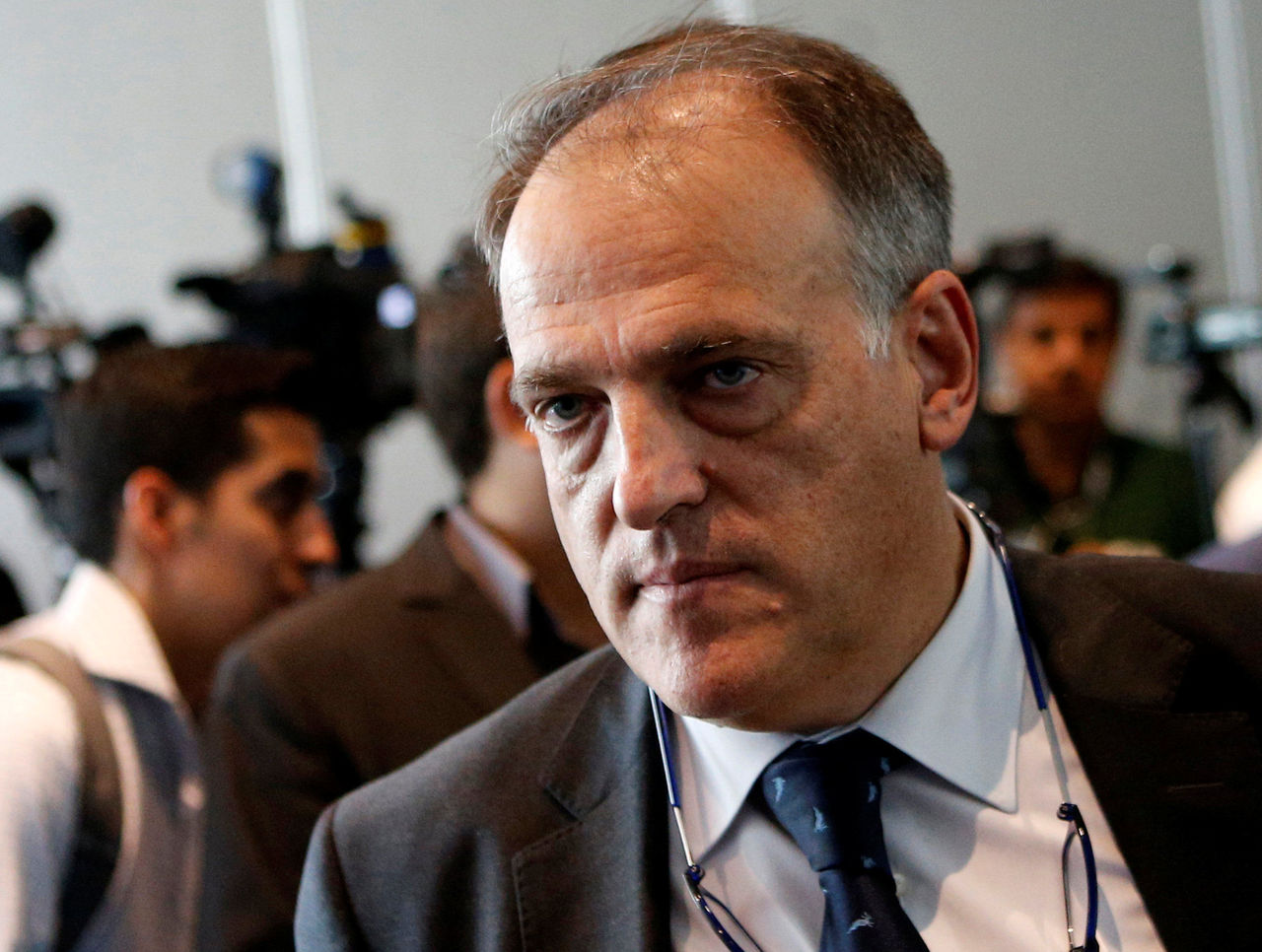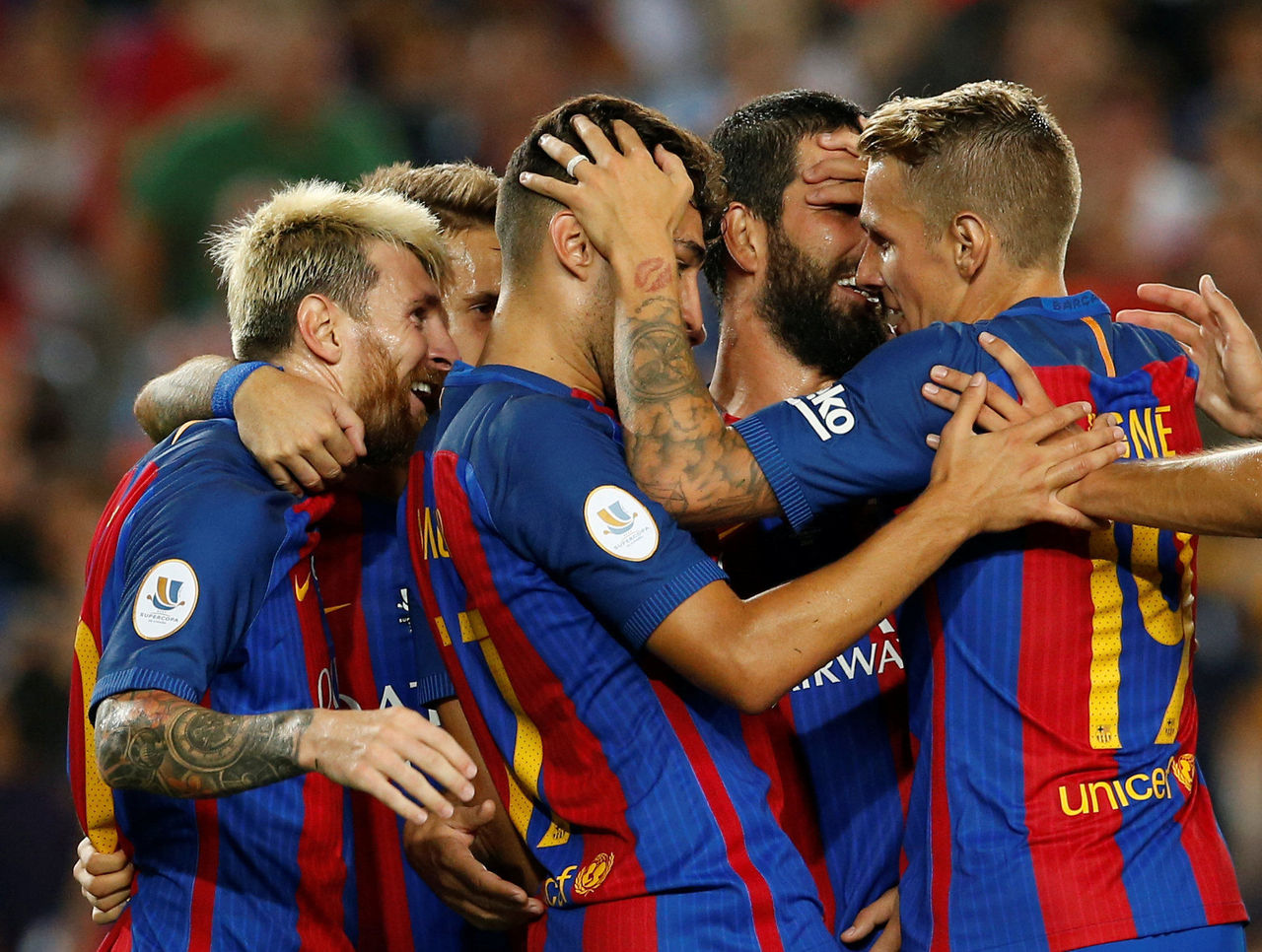5 things to know about the 2016-17 La Liga season
La Liga is back, with a new regulation that requires clubs to fill sections of their stadiums and a new law governing the sale of television rights.
On the pitch, there is also a great deal of change. While Lionel Messi, Cristiano Ronaldo, Luis Suarez, and Gareth Bale are all returning, and while Barcelona, Real Madrid, and Atletico Madrid will likely be the only three clubs competing for the title, there are new beginnings and new participants.
Alvaro Morata is playing in La Liga once again, Andre Gomes is employed by the Blaugrana, and Kevin Gameiro is at the Vicente Calderon. Then there's Deportivo Alaves, who is back in the top flight of Spanish football for the first time in 15 years after achieving promotion from the Segunda Division last season along with CD Leganes and Osasuna.
Add in Neymar, Antoine Griezmann, the Estadio Ramon Sanchez-Pizjuan, the Estadio Benito Villamarin, Malaga, Athletic Bilbao, and so much more, and it's impossible to not feel excited about the 2016-17 La Liga.
Here are five things to know about this year's edition:
Clubs must mask low attendances

There will be a punishment for clubs whose low attendances are advertised to the world.
In May, Javier Tebas, the president of the Liga de Futbol Profesional, revealed that a new regulation requires La Liga's clubs to fill sections of their stadiums which are shown by certain camera angles. Those that don't will face a fine. According to Sid Lowe of the Guardian, clubs whose grounds are visibly not at 75 percent capacity will be fined, and clubs whose grounds are visibly not at 50 percent will be fined twice as much.
Espanyol, who reportedly averaged less than 40 percent capacity last season, might be in trouble.
Sale of television rights will balance the scales

At long last, something is being done about the disparity in Spanish football.
Spain's government approved a new law that will govern the sale of television rights to broadcast matches and the distribution of income. Ninety percent of total revenues will apparently go to all clubs in La Liga, with half of that money being shared equally while the other half is divided up according to criteria. The other 10 percent will allegedly go to teams in the Segunda Division, with 70 percent of that sum being shared equally.
Prior to the law, Spanish clubs negotiated television rights individually rather than collectively, allowing Real Madrid and Barcelona to live a lavish lifestyle while Spain's smaller clubs landed themselves in serious financial trouble.
A new sponsor

Out with BBVA, and in with Santander.
After La Liga lost its exclusive sponsor, BBVA, and looked unlikely to find a replacement in time for the start of the 2016-17 season, a three-year deal was struck with Santander, meaning that the top flight of Spanish football will be officially known as La Liga Santander. In other words, one bank was replaced by another.
"Banco Santander has what we were looking for," Javier Tebas, LFP president, said. "We were looking for an organisation to help us with the internationalisation we're lacking. We wanted a partner that wouldn't pose a reputational risk and that would comply with good governance standards."
Lack of obvious improvement at Barcelona, Real Madrid

When a club is as strong as Barcelona or Real Madrid, it's hard to measure whether there's room for improvement. No one is suggesting that either of the Spanish behemoths have declined in quality during this year's summer transfer window, but, at least on paper, neither side looks significantly better than the last campaign.
Barcelona focused on strengthening specific positions, signing Denis Suarez, Samuel Umtiti, Lucas Digne, and Andre Gomes for a total of more than €79 million. Meanwhile, Real Madrid's most notable move was salvaging the federative rights of Morata for a reported fee of €30 million.
Those are obviously good transfers for Barcelona and Real Madrid, the likes of which most clubs only aspire to replicate. But, that being said, the two titans have enjoyed more intimidating summers.
Atletico Madrid ready for another defiant season

Only three points separated Barcelona and Atleti in La Liga last season, and it seems fair to value Los Colchoneros' signing of Gameiro at three points in the table.
By virtue of acquiring Gameiro, Atleti suddenly boasts a forward line that will be among the fastest in Europe to complement the planet's top defensive unit. The French forward was Sevilla's top scorer in La Liga season, tallying 16 goals and scoring another eight during the Andalusian club's third conquest of the Europa League in three years.
The purchase of Gameiro might not feel like a signing that will alter the outcome of the title race, but it very well may be.